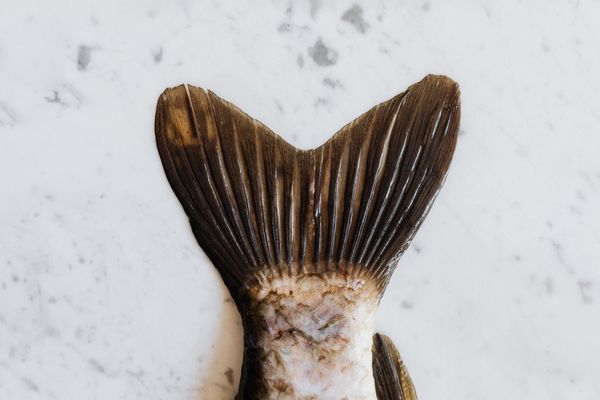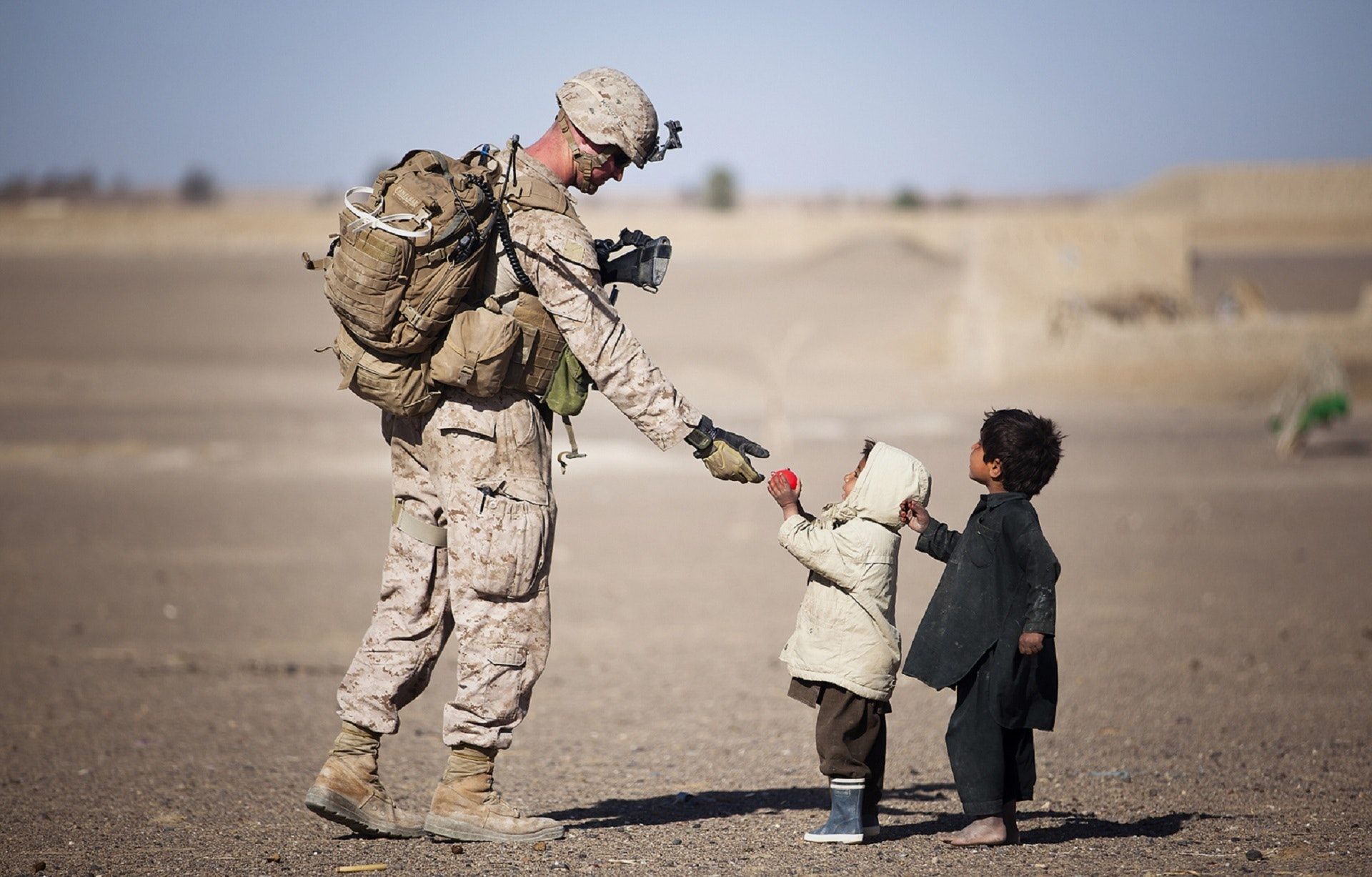Strategic communication has never been as important a part of the toolbox of Western alliance systems as it is in today's information war. Our exclusive interview with Baiba Braže, Assistant Secretary General for Public Diplomacy at NATO.
The Soviet Union already had a strategic communications department in the 1960s, while NATO is decades behind in this area. The war took information warfare to a new level: what are the main pillars of NATO's strategic communications today?
Since its foundation, NATO has recognized the importance of communicating the purpose and priorities of the Alliance to audiences worldwide. The founding members of the Alliance understood the importance of informing public opinion. NATO’s Information Service was set up in 1950 – less than year after the signature of the Washington Treaty that established NATO. Three years later, communications and information programmes were developed. Today, Public Diplomacy Division at the NATO Headquarters harmonises and coordinates all public diplomacy and communication activities across NATO. NATO’s Public Diplomacy Division actively strengthens NATO’s public image, thereby fostering trust in and support for the Alliance. The Division acts as coordinator for strategic communications across NATO civilian and military bodies and commands. NATO has been dealing with the challenge of Soviet and later Russian propaganda and disinformation for many decades. Russian anti-NATO propaganda has been on the rise since 2014 when Russia illegally annexed Crimea. Russia’s hostile information activities have further intensified after its full-scale invasion of Ukraine 24th February. NATO is a values-based organisation, which counters disinformation with facts and credible public communications. Our approach to countering disinformation involves understanding and analysing the information environment as well as engaging audiences, communicating proactively and debunking major cases of disinformation. We have built strong relations with partners and international organisations, civil society and independent media.
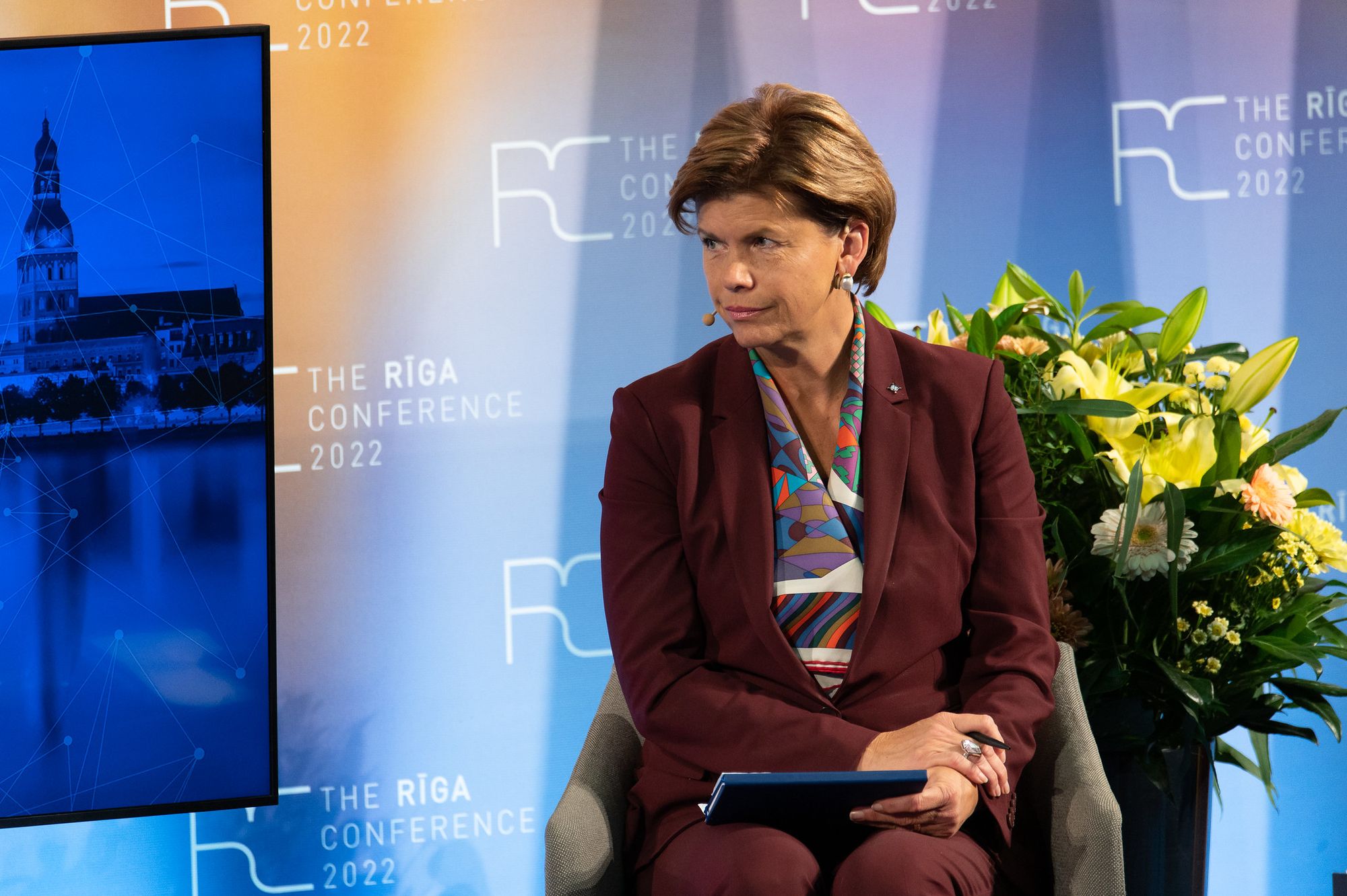
Many believe that the tools and mission of diplomacy failed on the first day of Russian aggression. The situation in the world is heating up, with China and the Arab countries on the move. How are NATO's diplomatic relations with the non-Western world? What is the general perception and how open are they to the prospects of transatlantic cooperation?
At the Madrid Summit in June 2022, the Allies reiterated the importance of NATO’s partnerships. Our relations with partners are based on shared values and mutual benefit and respect. Every partner country determines the pace and scope of our respective partnership. NATO values relations with like-minded partners across the globe, as they are increasingly important to address global challenges and to defend the rules-based international order. NATO does not see China as an adversary. There are opportunities to engage China on global issues such as arms control and climate change. However, it is clear that we do not share the same values with China. China pursues coercive policies and cracks down on democratic voices. As our new Strategic Concept makes clear, China’s stated ambitions and coercive policies challenge our interests, security and values. The deepening strategic partnership between China and Russia is of concern, as they seek to subvert the rules-based international order. NATO has repeatedly called on China to take a constructive approach and to use its influence on Russia to end its war in Ukraine.
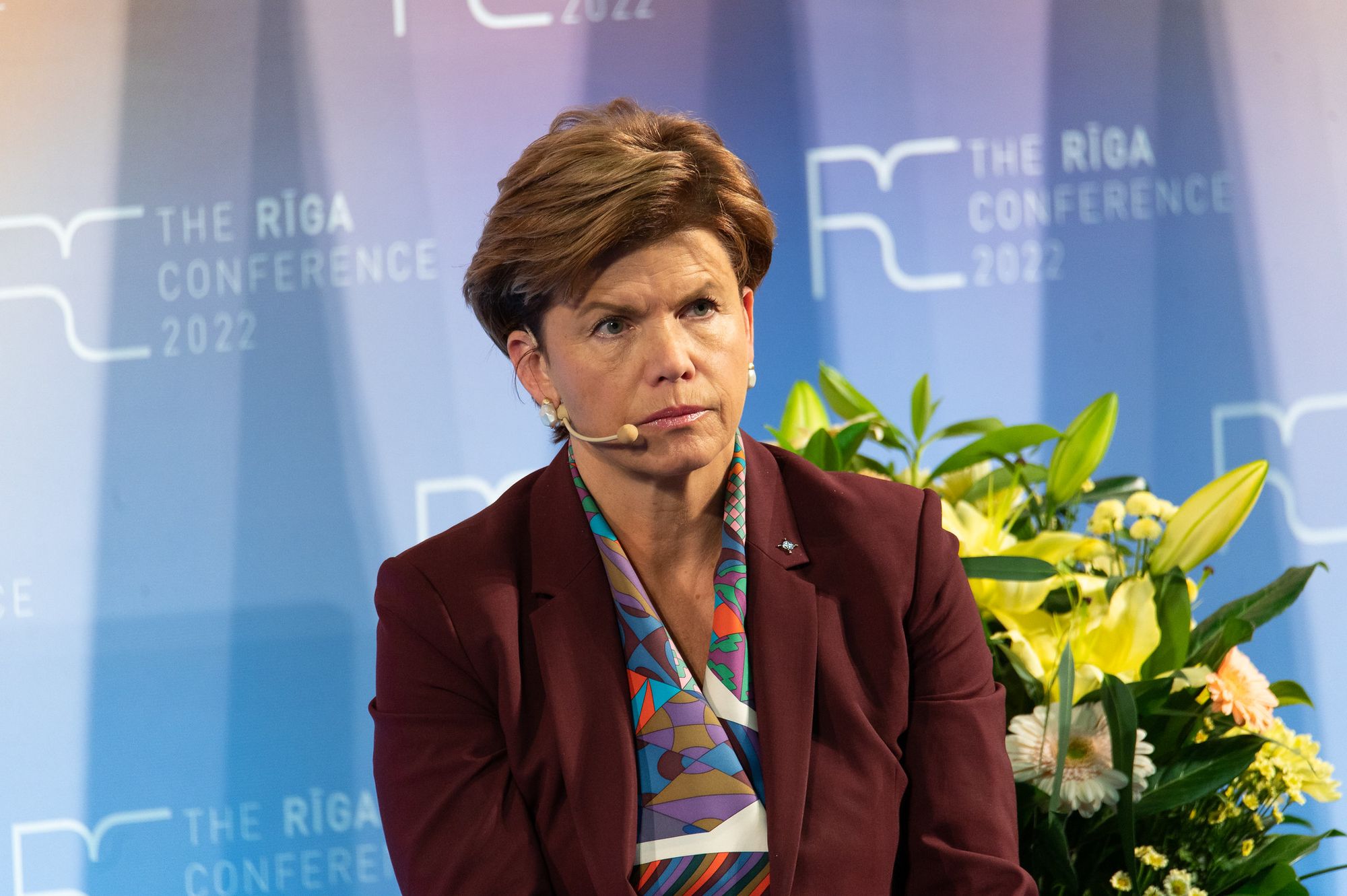
There is no doubt that the Western alliance shows an unprecedented unity, but within the alliance system, Turkey has relations with Russia. To what extent are there internal conflicts and disagreements and how can these be managed? How will the accession of Finland and Sweden shape developments?
NATO is more united than ever. We are an Alliance of 30 different countries, with different history, geography and governments. So it’s natural to have differences among Allies. But we all agree on the core task – to defend and protect each other. Türkiye is an important and valued NATO Ally, which has been working together with other Allies for decades to address various security challenges. Türkiye has been providing strong military support to Ukraine, and has also helped facilitate the UN-brokered grain deal and the exchange of prisoners of war. All 30 NATO Allies made a truly historic decision at the Madrid Summit in June to invite Finland and Sweden to join the Alliance. All Allies signed the Accession Protocols, and so far Finland’s and Sweden’s accession has been the quickest accession in NATO’s history, with almost all national parliaments ratifying the Accession Protocols. Finland, Sweden and Türkiye are working together to implement the joint memorandum they agreed on the margins of the Madrid Summit, to step up efforts to fight international terrorism.
Ambassador Baiba Braže was appointed Assistant Secretary General for Public Diplomacy in May 2020. The Public Diplomacy Division (PDD) works to raise the Alliance’s profile with audiences world-wide and to build support for Alliance operations and policies. Baiba Braže was born in Riga, Latvia. Braže served most recently as Latvia’s Ambassador to the United Kingdom, prior to which she was Director General Security Policy and International Organizations and Director General of the Communications Directorate at the Latvian Foreign Ministry in Riga.
In cooperation with The Riga Conference 2022.
Inner photos: Valdis Kauliņš
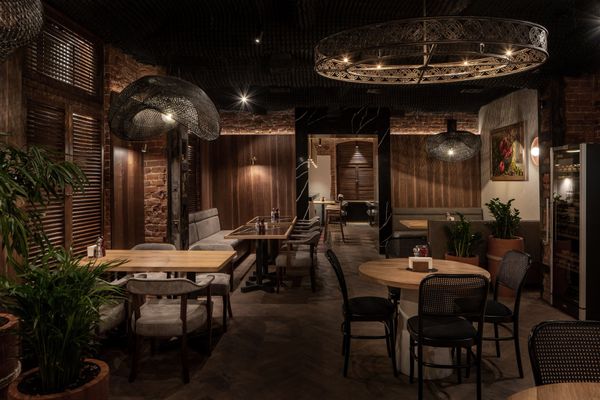
An encounter of cultures in a Ukrainian restaurant
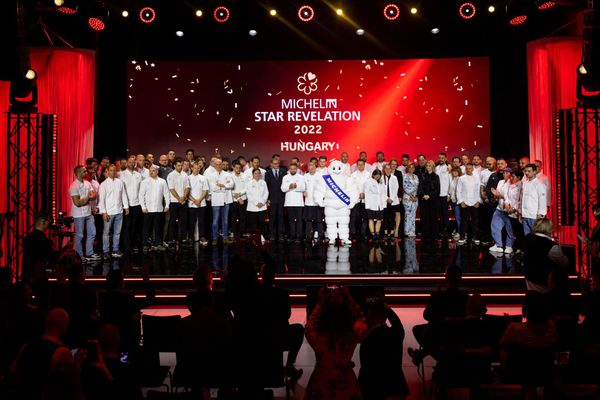
The first restaurants in the Hungarian countryside to receive a Michelin Star
